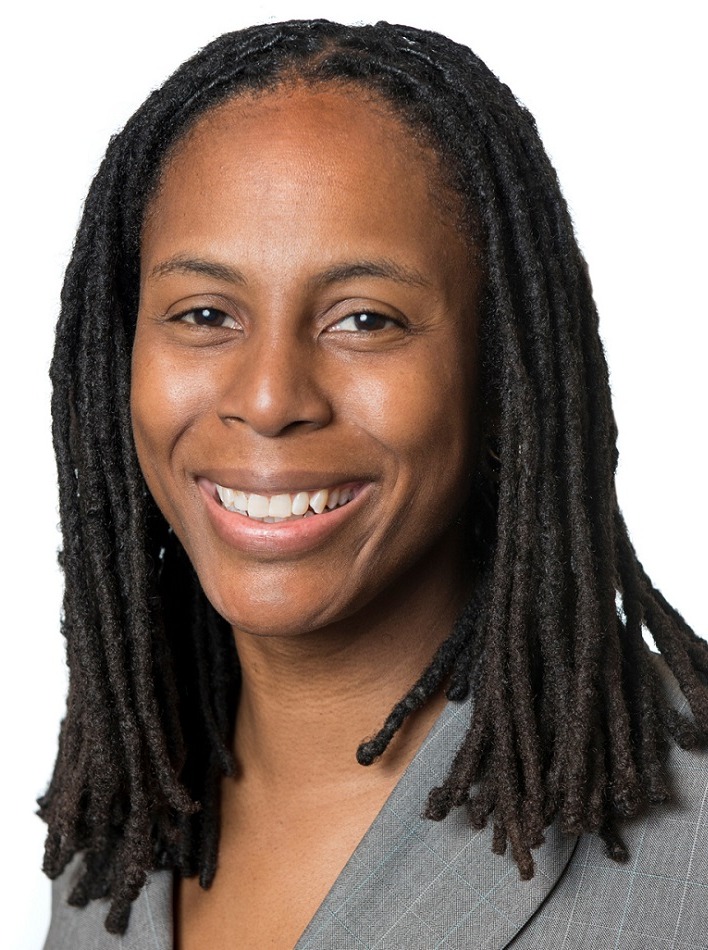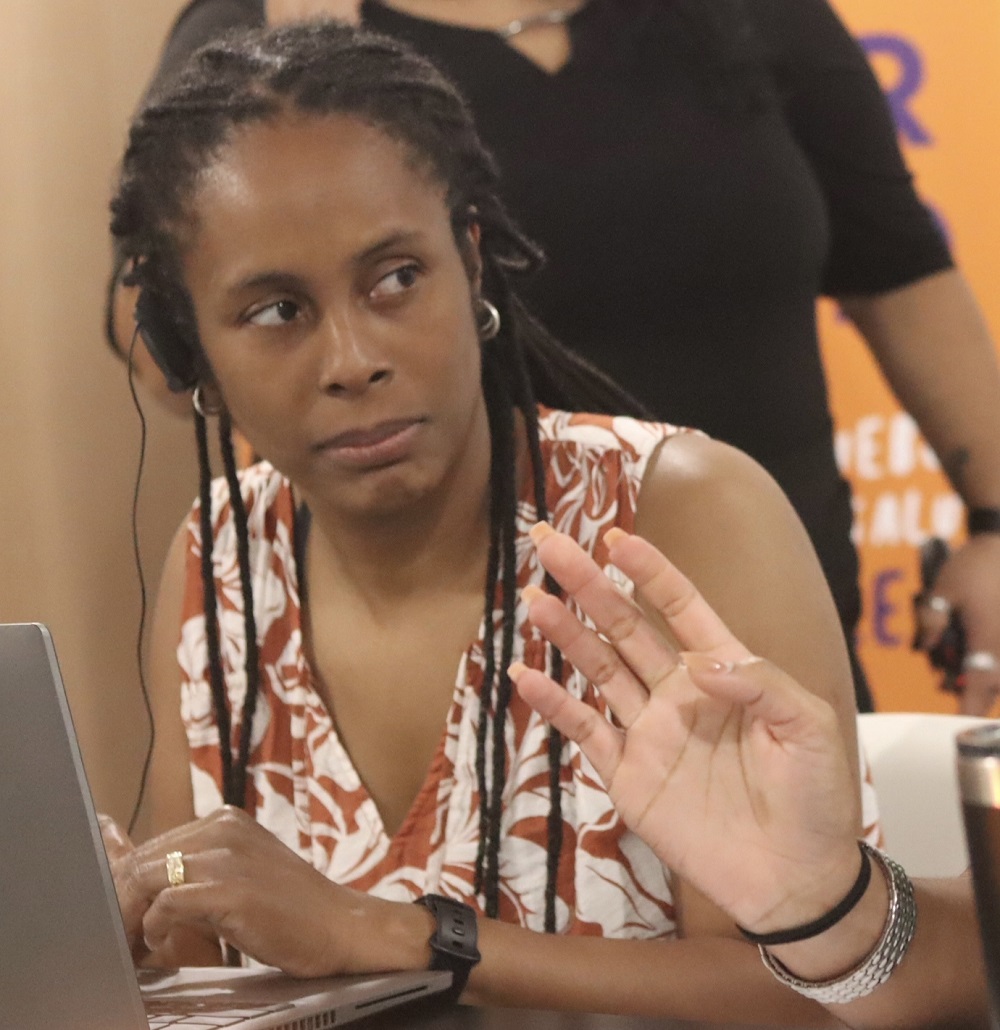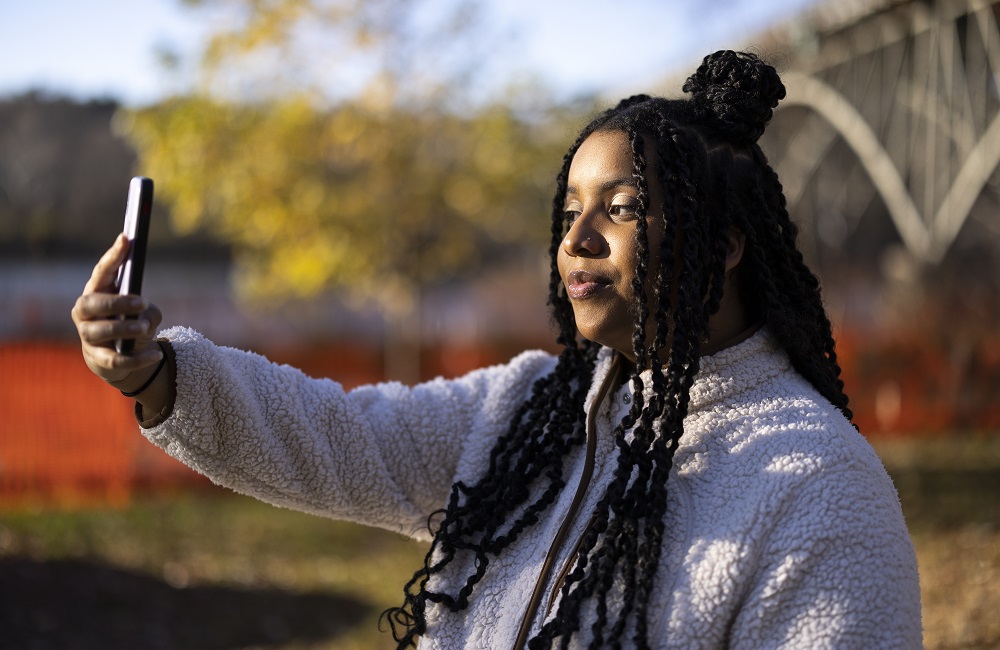As a mom to a teen and a preteen, I’ve struggled with setting appropriate limits on screen time, particularly at the height of the pandemic when being online was my children’s only way to stay connected with their peers. How was I to find the right balance when my son was gaming for hours, but doing so with friends he hadn’t seen for six months?

Courtesy of Nia West-Bey
Nia West-Bey
This struggle remained after my kids returned to school. Overall, young people’s mental health challenges have lingered, despite parents’ hopes that those challenges would evaporate once we returned to “normal.”
The U.S. Surgeon General issued a 25-page advisory, arguing that social media, lacking sufficient safeguards, harms our nation’s youth. Even before that 2023 report, state and local policymakers were holding hearings and introducing legislation that villainizes and seeks to restrict youth access to social media. Members of Congress have thundered away at TikTok’s CEO and Montana’s state lawmakers recently banned the platform.
Legislation is pending in several states similar to the Social Media Relations Act that takes effect in Utah next March.
What I know as a youth policy advocate and community psychologist, however, is that using policy to crack down on teens’ social media usage is a distraction from what many young people — particularly those from marginalized communities — say are the real threats to youth mental health. Across many urban and rural settings and a diversity of racial and gender identities, young people consistently and repeatedly identify three major sources of their mental distress: racism and other forms of discrimination, violence in their communities and financial strain — not social media.
In my own recent analysis of 14 youth-led research reports by such organizations as Mental Health America, The California Children’s Partnership/National Black Women’s Justice Initiative and The Aspen Forum for Community Solutions, the same top three issues surfaced — with youth consistently elevating social media as a support, not a harm.
Focus group youth laud social media
Since 2016, I’ve been speaking with young people in focus groups in North Carolina, Kentucky, Florida, Texas, Maryland and Hawaii to hear how they define mental health; what they think are the biggest factors shaping their mental health; which supports help them; and what tools hurt them. My work has centered on young people living in rural and urban high-poverty communities and included those experiencing homelessness, those identifying as LGBTQIA+ and those who are Indigenous, Asian American, Native Hawaiian, Pacific Islanders, Black or Latino.

Courtesy of Nia West-Bey
Nia West-Bey working at one of her focus groups.
Overwhelmingly, young people from marginalized communities cite social media as a critical and necessary source of support or information, especially when they can’t find mental health resources in their immediate community. They talk about finding community, building connections and relieving stress through social media.
A trans young person in a rural Kentucky focus group said social media is where she finally found her people, folks who understood her identity and her struggle. A young man who is without safe, permanent shelter described how gaming helped him navigate the struggles that come with housing insecurity. An Indigenous young person turned to YouTube to learn elements of Native culture, including traditional dance, that affirm and improve mental health.
Those perspectives align with an emerging body of research finding that social media and online activity have a neutral-to-positive impact on young people.
Specifically, social media use has been linked to more :
- Visibility among young people as they see public representations of other youth with similar attributes and struggles.
- Guidance by and from youth as they act as peer mentors.
- Community-building among youth who are interacting comfortably; becoming more empowered and confident; and gaining a sense of belonging.
- Narrowing of educational gaps between high-income and low-income students.
Research on social media’s effects doesn’t include all youth
Other research describes the complex role of digital media in teens’ lives during the pandemic when online platforms were the primary way to maintain social connection. Eighty-five percent of youth reported going online for health information; more than half relied on social media to stay connected to family and friends; and more than a third looked to social media for information about current events.
So, where did the idea that social media is ruining young people’s mental health come from? Several studies, including those cited in the Surgeon General’s advisory, have shown associations between social media use and negative body image, and a few have linked it to sleep deprivation, depression, anxiety and thoughts of suicide, particularly among girls.
Yet, whether social media precisely causes those problems isn’t clearly and irrefutably proven. Did social media create these challenges for youth or simply amplify them?
Moreover, relatively few of these studies that are regularly cited were conducted in the United States; and the handful of U.S. analyses have focused on white college-age women. They don’t reflect the experiences of all young people. That’s a major concern.
From virtual peer support on Discord, an instant-messaging site, to crowdsourced lists of culturally affirming clinicians, social media provide a lifeline to formal and informal mental health supports and resources. Denying youth access to those tools is problematic. At the very least, policymakers should ask young people which safeguards make sense. If we disregard their perspectives on this issue, we will make the mental health crisis worse.
Decision-making about social media access must include the voices and leadership of young people, particularly those from marginalized communities. Young people deserve our focused attention on the deeper systemic issues that have proven harder to solve but that will end the crisis and bring the resolution they deserve.
***
Nia West-Bey, a community psychologist, is the director of youth policy at the Center for Law and Social Policy.
































